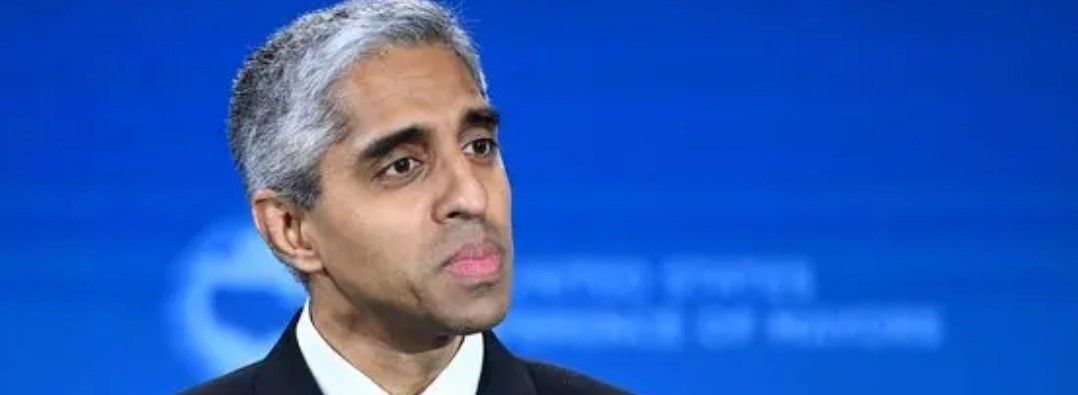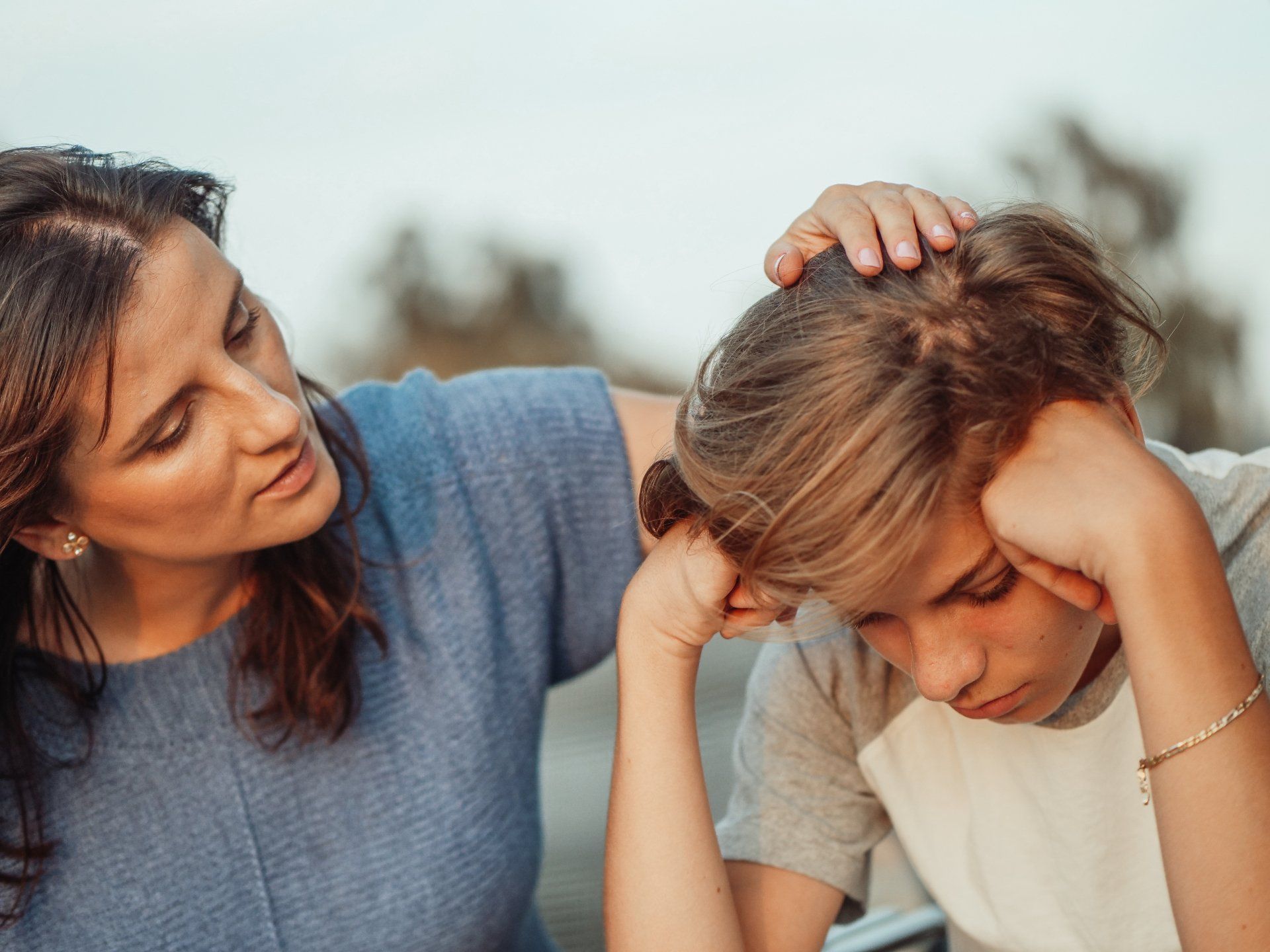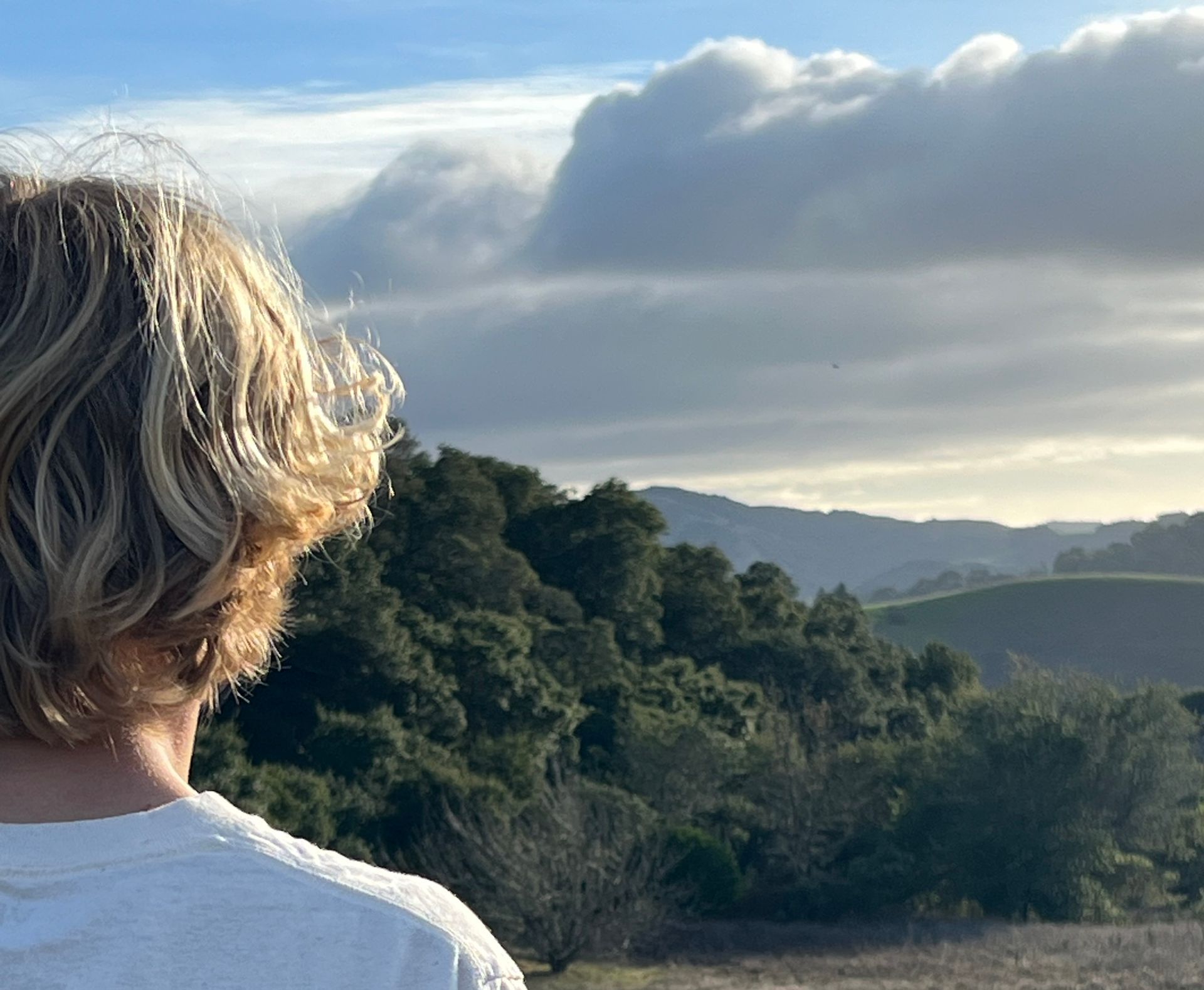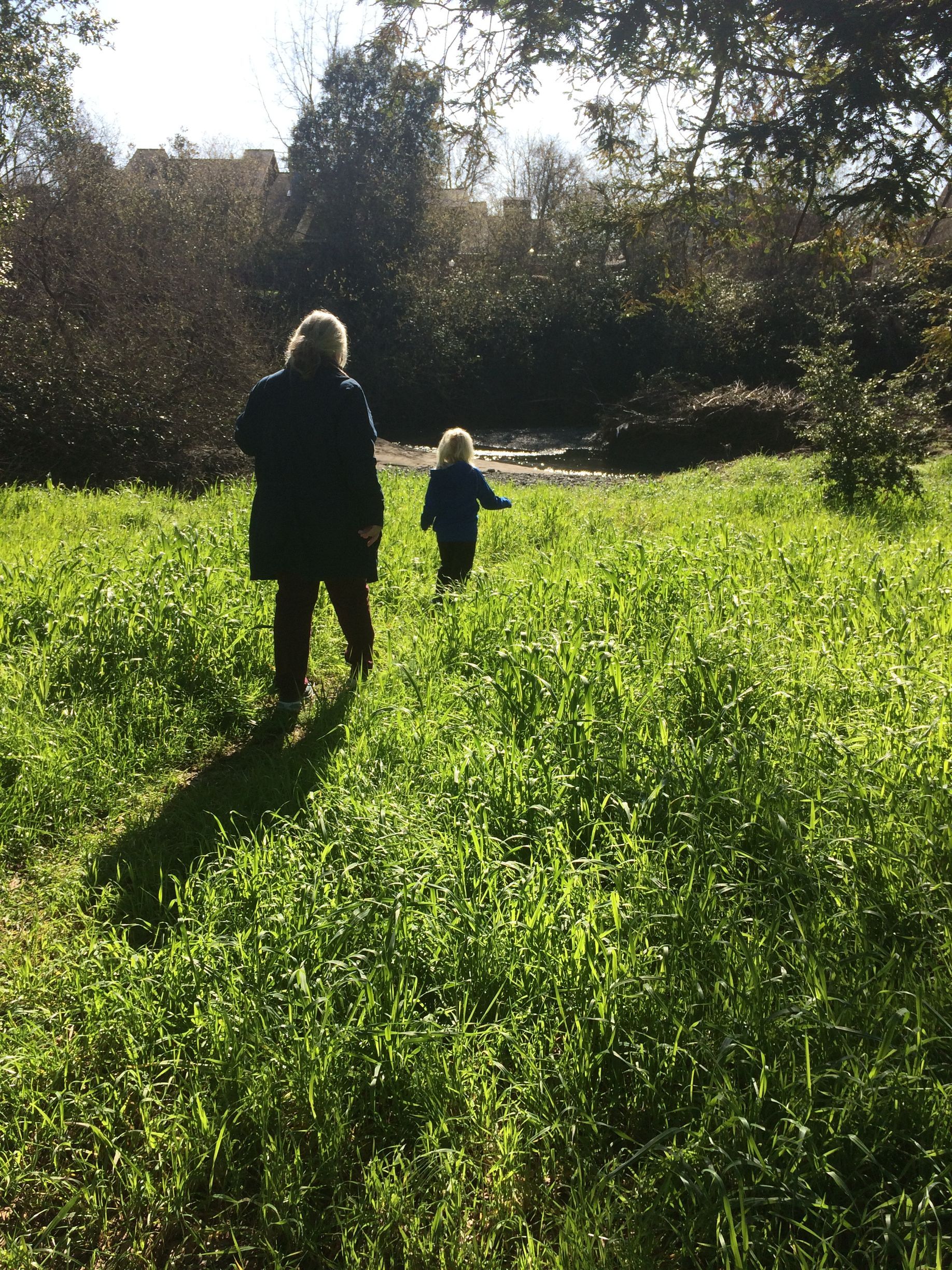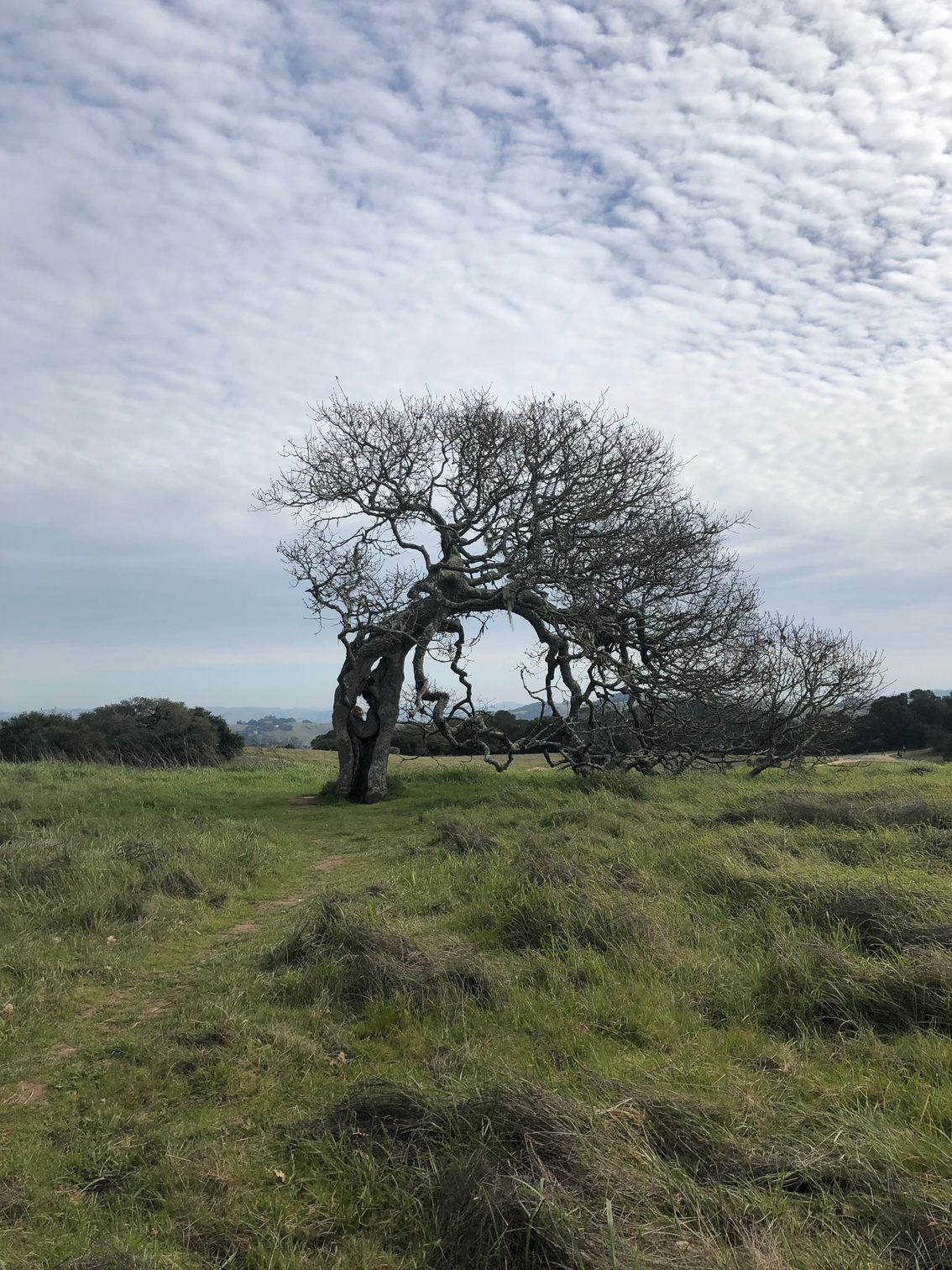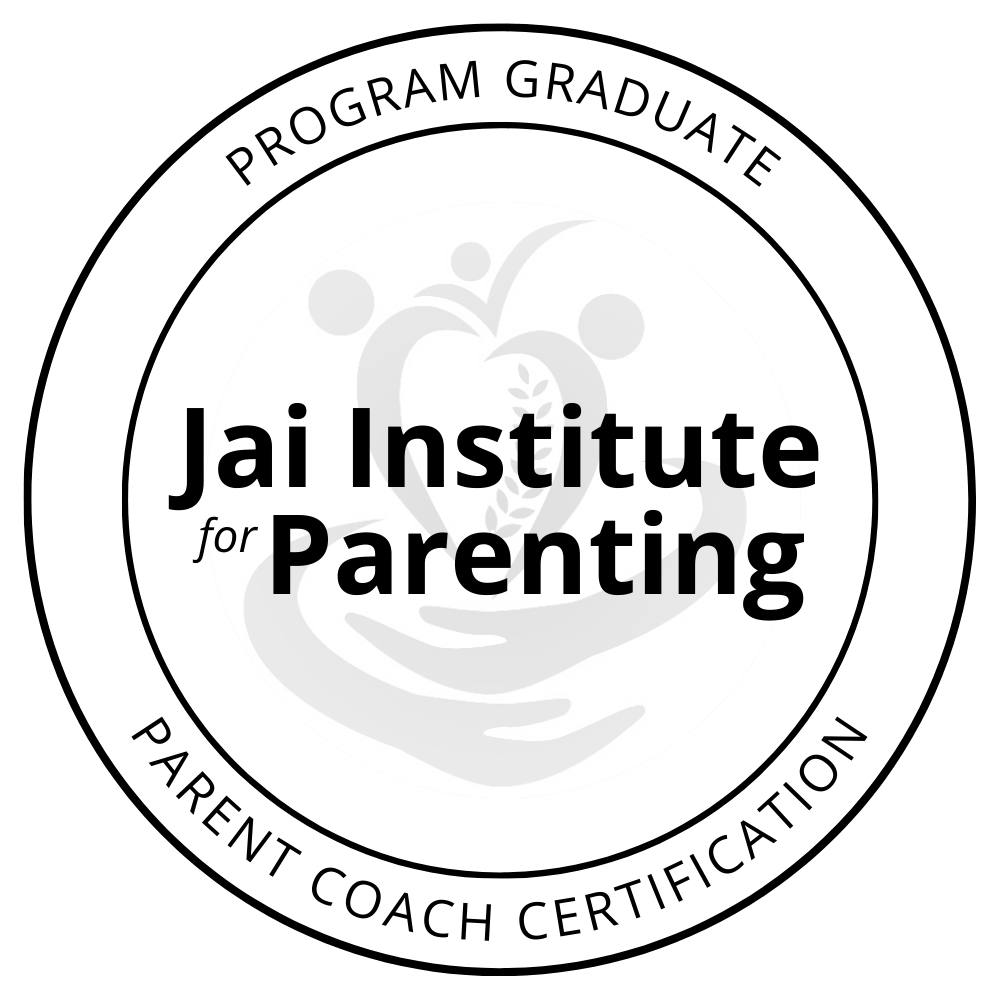An Empowered Parent's Guide to Talking to Your Kids about Cannabis
Helping Our Kids Develop and Trust Their Inner Compass
If you are wondering if teens are using cannabis, the answer is yes. In California, where it is legal at age 21, the California Department of Public Health reports that 16% of 11th graders currently use cannabis, which is more common than binge drinking or smoking. However, research shows it is not safe for your teen (because of their growing brain) to use cannabis in any kind of way (1).
It might be challenging to know when and how to talk to your children about Cannabis. Sometimes parents fear that talking about such things plants ideas in their kid's minds. Still, the reality is that it is not uncommon for kids to learn about weed in their everyday environment - school bathrooms, social media, their friends, movies, and such. The Substance Abuse and Mental Health Services Association (SAMHSA) states that “When parents talk with their children early and often about alcohol and other drugs, they can protect their children from many of the high-risk behaviors associated with these drugs.”(2)
We can use the 10 Core Pillars of Empowered Parenting
(3) to guide us in our approach when we address the issue of cannabis.
The first three pillars of Empowered Parenting are:
1. Become Informed and Aware
2. Be Intentional and Reflective
3. Stay Present, Committed, Authentic.
When we look at cannabis use (or any kind of risky behavior) through the lens of these pillars, we want to begin by being informed and aware. For instance, knowing where our children are developmentally is an excellent place to start. Adolescence is when children figure out who they are outside of the family. Friendships and fitting in with their peers are high on their list of priorities. This makes them vulnerable to peer pressure. Another developmental characteristic of teens is they think they are invincible and that nothing bad can happen to them. You might be surprised to learn that the thinking part of their brain, the pre-frontal cortex, is not fully developed and won’t be until around age 23!
(4) Even though teens may be pushing us away, they need us more than ever, but in a different way than when they were little. For the above reasons, we parents must be intentional and reflective in our approach. They are less likely to heed our warnings if we are highly emotional and come to them with information rooted in fear, not facts.
Children need us to guide their exploration and arm them with fact-based information. The Department of Public Health provides the following information on the risks of underage Cannabis use. Research shows that cannabis may:
- Impair learning, memory, attention, decision-making, and motivation, which can affect school and sports performance (5)
- Increase the risk of chronic cough, bronchitis, and asthma severity (6)
- Increase the risk of schizophrenia or other psychotic disorders in adulthood, with the highest risk among those who begin using at a young age, especially among individuals who may already be at risk because of genetics. (7)
If you discover your teen has experimented with marijuana, don’t panic—the following three pillars can help.
4. All Feelings are Valid and Welcome
5. Be Attuned and Empathetic
6. Practice Loving Kindness and Forgiveness
If we can stay grounded and listen to our teen's feelings, we will have a better chance to get to the root of what led them to marijuana use. This leads to our being able to empathize with their experience. Empathy builds trust and strengthens our connection. Judgment and shame can cause our children to withdraw. If we show up with love and forgiveness without taking our teen's behavior personally, we are much more likely to be someone they can confide in.
In addition, when our children feel seen, heard, and accepted at home, they can go out into the world with self-confidence, making them less likely to cave to peer pressure. This is the benefit of creating a secure attachment. The goal of Empowered Parenting is that our children will develop an inner compass and make wise choices even when no one is watching.
The last four pillars help us communicate clearly and stay firm with our boundaries and limits while keeping a strong, healthy, authentic relationship with our children. They can set the stage for moving forward.
7. Communicate to Connect and Understand
8. Use Non-Violence and Safety
9. Create Boundaries from Family Values
10. Embrace Joy, Play, and Fun
If we come down hard with punishments, that may solve the problem temporarily. However, when we respond with punishment, we risk driving the behavior underground and increasing the chances of sneaking and lying. With Empowered Parenting, we keep our children close, and they want to share with us because there is mutual respect. When we keep them close, we have a more significant influence. We share our values with them and help them develop their values. Communicating to connect and keeping our children emotionally safe makes them more likely to make healthy choices. Remembering to use joy, play, and fun in our parenting helps meet our kid's human need to belong. When this need is met, they are much less likely to look to outside influences to make them feel better.
The CDPH recommends the following tips:
(8)
Talk Early and Often - Start the conversation before your kids even think about experimenting.
Be Casual But Clear - Have casual conversations instead of lectures or formal family meetings. Look for natural times to talk about it, like when you see a billboard or someone using it on tv or after smelling it outside.
Be Open, and Listen Without Judgement: Listen without interrupting and without judgment. Ask open-ended questions that encourage your teen to elaborate.
Keep It Grounded and Fact-Based- Focus on the facts and discuss how cannabis use can affect them.
Don’t worry if you haven’t established the connection that allows for trusted conversations. It's never too late. Your teen may need more time to trust you to respond helpfully. Keep trying, and don’t give up. It will likely take many conversations to reduce harm.
Today’s teens are going to need a different kind of skillset to succeed, and that requires a different response from their parents. The earlier we build a connected relationship based on mutual trust, the easier it will be when they reach the stage of development where they face more significant consequences when they make mistakes. We will have a much greater chance of reaching our teens if we show up empowered by our fact-based knowledge, put our fears and judgments aside, and stay open to learning about our particular child’s experience.
Please contact me if you want to learn more about Empowered Parenting and transform your relationship with your child.
Resources:
- https://www.cdph.ca.gov/Programs/CCDPHP/sapb/cannabis/Pages/Community-Toolkit.aspx
- SAMHSA. (https://www.samhsa.gov/talk-they-hear-you/parent-resources/why-you-should-talk-your-child). Accessed December 29, 2022.
- https://www.jaiinstituteforparenting.com/blog
- Arain M, Haque M, Johal L, Mathur P, Nel W, Rais A, Sandhu R, Sharma S. Maturation of the adolescent brain. Neuropsychiatr Dis Treat. 2013;9:449-61. doi: 10.2147/NDT.S39776. Epub 2013 Apr 3. PMID: 23579318; PMCID: PMC3621648.
- Surgeon General's Advisory: Marijuana use & the developing brain. HHS.gov. (https://www.hhs.gov/surgeongeneral/reports-and-publications/addiction-and-substance-misuse/advisory-on-marijuana-use-and-developing-brain/index.html). Published August 13, 2021. Accessed December 29, 2022.
- Tetrault JM, Crothers K, Moore BA, Mehra R, Concato J, Fiellin DA. Effects of marijuana smoking on pulmonary function and respiratory complications: a systematic review. Arch Intern Med. 2007;167(3):221-228. doi:10.1001/archinte.167.3.221
- Surgeon General's Advisory: Marijuana use & the developing brain. HHS.gov. (https://www.hhs.gov/surgeongeneral/reports-and-publications/addiction-and-substance-misuse/advisory-on-marijuana-use-and-developing-brain/index.html). Published August 13, 2021. Accessed December 29, 2022.
- https://www.cdph.ca.gov/Programs/CCDPHP/sapb/cannabis/Pages/Cannabis-Risks.aspx



